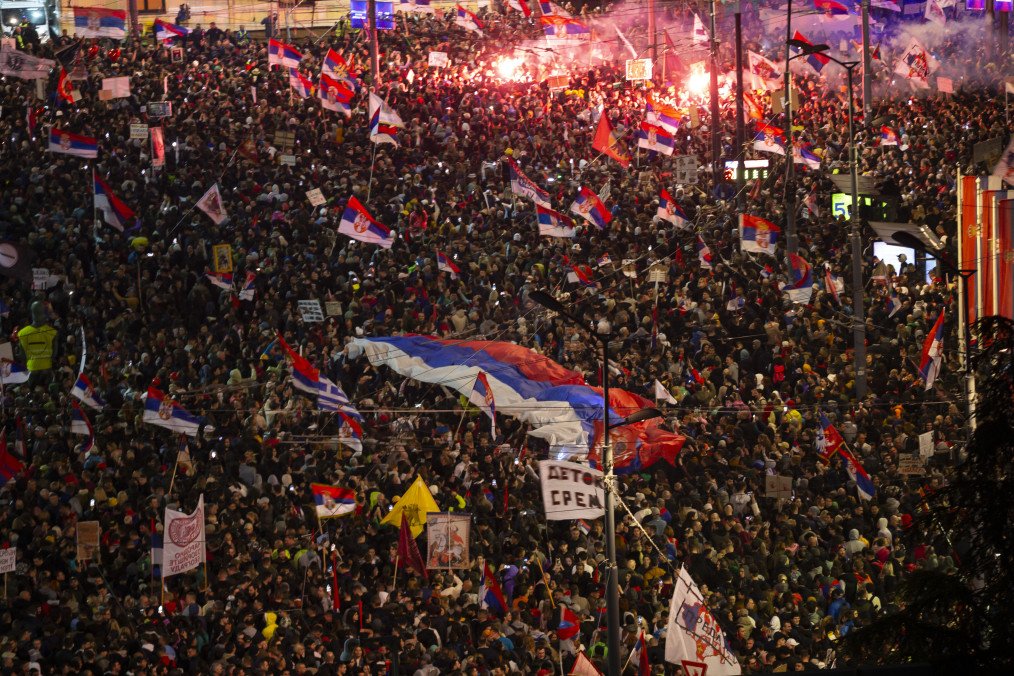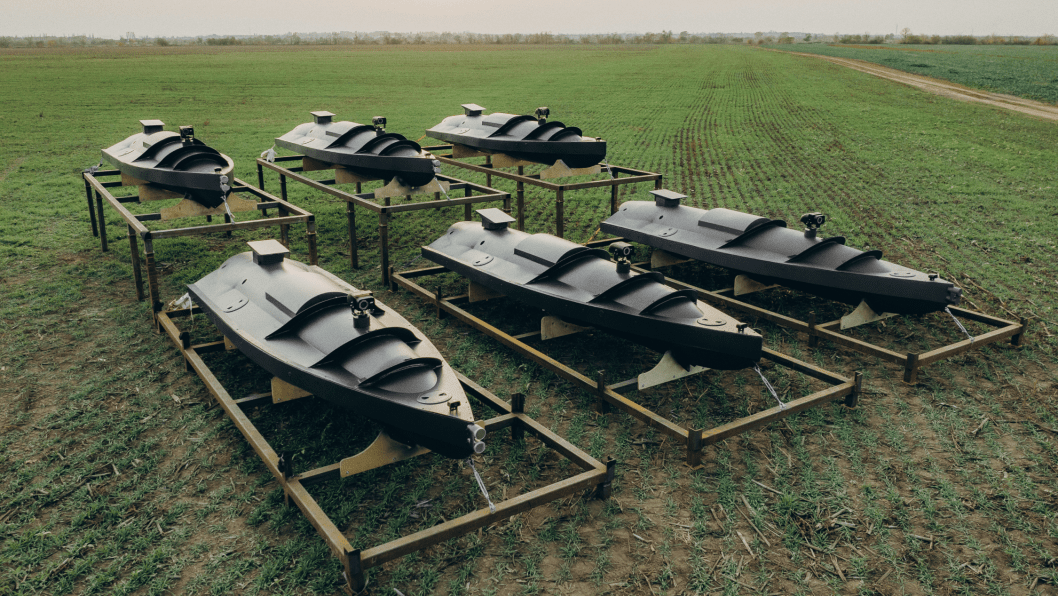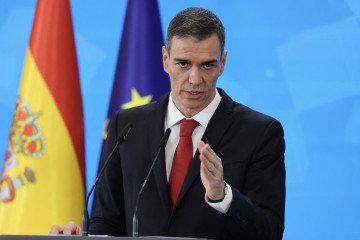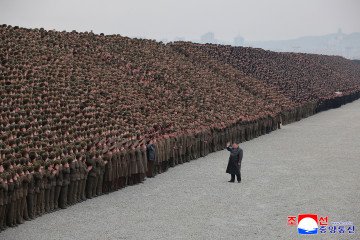- Categoría
- Últimas noticias
Los espías rusos ayudaron a reprimir las protestas antigubernamentales en Belgrado, según el viceprimer ministro serbio

El viceprimer ministro serbio, Aleksandar Vulin, afirma que espías de Rusia han ayudado a las autoridades serbias a sofocar las protestas antigubernamentales.
En declaraciones a la agencia de noticias estatal rusa RIA Novosti el 21 de marzo, Vulin afirmó que los servicios de inteligencia rusos ayudaron a Belgrado a «gestionar meses de manifestaciones antigubernamentales», en particular facilitando información.
«Estoy muy agradecido a los servicios especiales rusos, que siempre nos apoyan en nuestra lucha contralas revoluciones de colores, principalmente con información», declaró. Reuters se hizo eco de sus declaraciones.
Aleksandar Djokic, politólogo afincado en Belgrado y crítico con el gobierno, afirmó que las declaraciones de Vulin ponen de manifiesto lo crucial que se ha vuelto el apoyo ruso para los dirigentes serbios.
«El único apoyo abierto al régimen procede de Rusia, todos los demás son neutrales o lo condenan», afirmó.
Mass protests erupted in Serbia in November 2024 following a deadly incident at the train station in Novi Sad. On November 1, a newly renovated concrete canopy collapsed, killing 15 people, including children and the elderly.
Demonstrators blamed the tragedy on corruption, negligence, safety violations, and political cronyism.
In response to public outrage, Serbian Minister of Construction Goran Vesić resigned shortly after the protests began. He and 12 others connected to the station’s reconstruction were later arrested, but the protests only intensified.
By January 2025, Prime Minister Miloš Vučević—also the former mayor of Novi Sad—stepped down amid mounting pressure. Milan Đurić, the city’s sitting mayor, also resigned. Still, the protests have shown no signs of fading. Local media have called them the country’s largest demonstrations since 1996.
On March 15, Serbia’s Interior Ministry reported that at least 107,000 people joined a protest in Belgrade. But the civic group “Parliament Archive,” which monitors public demonstrations, estimated turnout between 275,000 and 325,000.
That same day, President Aleksandar Vučić said he was open to holding national elections within three to four months if the opposition demanded it—but emphasized he had no plans to step down.
On March 19, Serbia’s parliament formally accepted Vučević’s resignation. Under Serbian law, a new government must be formed within 30 days.
Previously, it was announced that President of Serbia Aleksandar Vučić has confirmed that representatives of Russia’s Federal Security Service arrived in the country to assist in investigating allegations of the use of a “sound cannon” against protesters.




-21f402f6f32da8b0165ae48804a71feb.jpeg)



